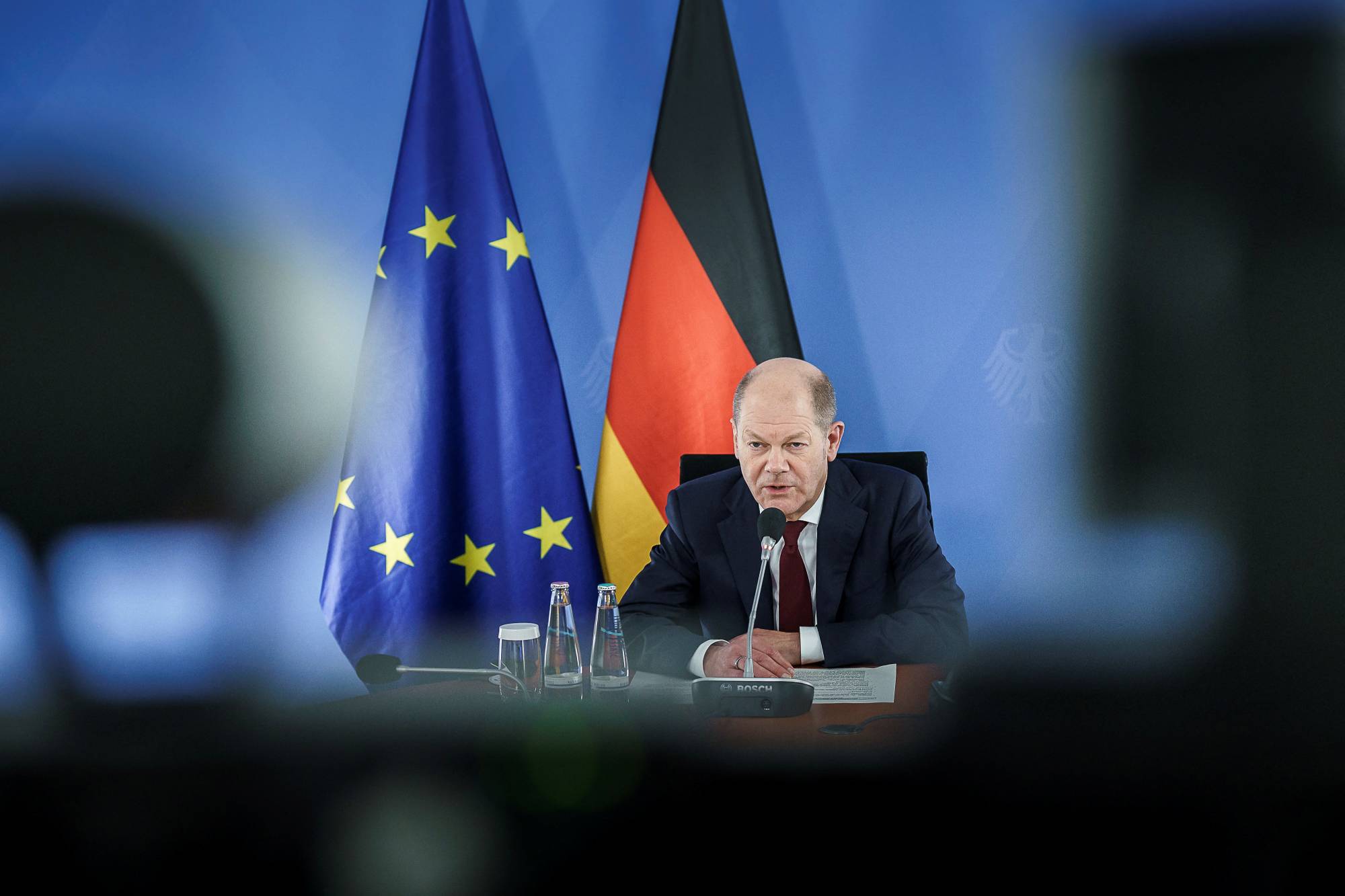Fighting the last war is always said to be the weakness of generals. But is fighting the last confrontation emerging as the weakness of Western governments, as they seek to counter growing Russian aggression against Ukraine?
It is the Atlantic alliance team, led by the American president and followed by the other NATO members, that is leading the riposte and threatening dire consequences if any of Vladimir Putin’s nearly 100 thousand troops, assembled near the border, dare set foot on Ukraine’s territory. The challenge is seen almost entirely as a West versus Russia matter, just as it was back in the last century. It is a lineup and a landscape with which all the old brigade of Cold War warriors can feel thoroughly familiar.
But there are a few snags to this simplified scenario. The first is that in the 21st century, world power has shifted. In the 21st century it is the pan-Asian and African powers, plus the big players in the Middle East, who increasingly hold the cards. When Moscow feels the rough edge of opinion, expressed through all sorts of channels, from sources such as Japan, Australia, India, the African Union and, yes, even from their "sort-of" friends, the Chinese — that is when it will pause, rather than being deterred by a NATO military lineup which, as U.S. President Joe Biden rather tactlessly pointed out, is less than solid.


















With your current subscription plan you can comment on stories. However, before writing your first comment, please create a display name in the Profile section of your subscriber account page.